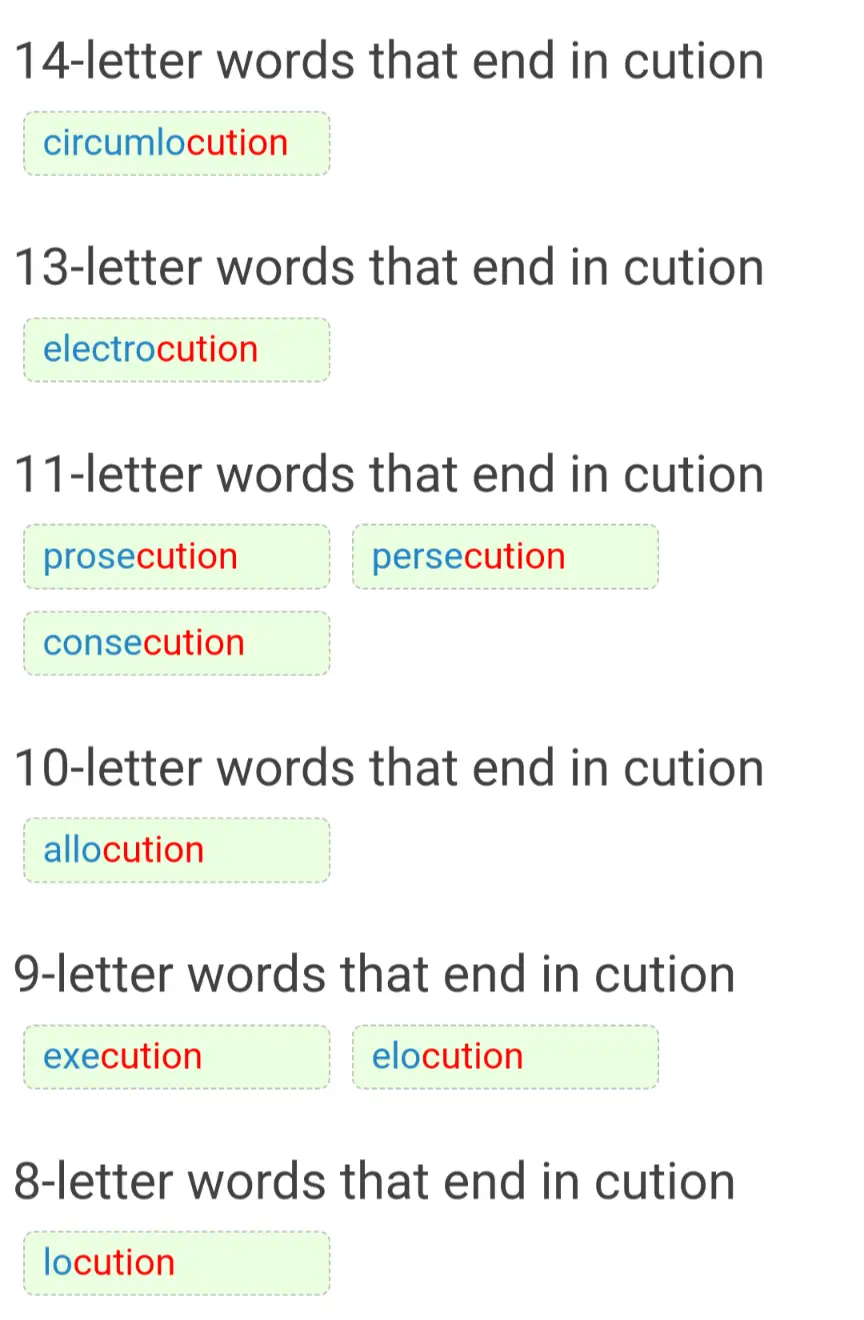mementomori.social on ainakin yksi. Oman kokemuksen mukaan varsin eloisa ja vakaalla pohjalla. Muista ei ole omakohtaista kokemusta, mutta onhan noita.
Deme
I post pictures with my other account @Deme@lemmy.world
- 2 Posts
- 31 Comments
If you fill it with hydrogen peroxide, then they’ll hate it. Otherwise no.
Could be, but there’s other words with that same ending

I think there’s a distinction between “electrocuted” and “electrocuted to death”. Same as with “stabbed” vs. “stabbed to death” or any other such verb that can, but may not necessarily result in death.
Google and the Oxford dictionary disagree.
Google and the Oxford dictionary disagree.

Electrocuted as in they received injuries from an electric shock.
You should know that this wasn’t a solar flare, but a coronal mass ejection. Look that up instead. No, it’s nothing too bad either. The one in 1859 was a big one and some people got electrocuted at telegraph stations, but this ain’t like that.
Not a solar flare but a coronal mass ejection. And while the subsequent G5 geomagnetic storm can do damage to various technological systems, it shouldn’t be anything too bad.

 0·3 months ago
0·3 months agoSakeeta settiä on.

 0·4 months ago
0·4 months agoTässä ilmeisesti esitetään talouskasvun asettamista hyvinvoinnin edelle. Vaikka nämä kaksi mielletään kulkevan käsi kädessä, ei se läheskään aina niin mene. Onko amerikan meininki oikeasti millään lailla toivottavaa meille tänne? Onhan siellä kaiken maailman pöhinää (melkein naurahdin kun artikkelissa mainittiin rahoitusteknologia), mutta tämä pöhinä mitä ilmesimmin ei auta tavallisen tallaajan toimeentuloa. Normaalien ihmisten palkat on kuraa, asuntojen hinnat ja vuokrat on todella monen saavuttamattomissa poliittisen ja rikkaan eliitin vehkeillessä kulisseissa valta-asemiansa pönkittääkseen.
Mutta toki jos kysytään taloustieteilijöiltä, The Financial Timesiltä tai IfW:ltä, niin vastaus on selvä että kaikkipyhä talouskasvu jyrää kaiken muun edelle…
Yes? Never claimed otherwise.
My point was that there are thankfully exceptions to this prevalent trope.
Good thing The Expanse is a series instead of a movie.
Imagine not knowing your bearings at all times…
Also imagine not looking like a sailor…

 4·8 months ago
4·8 months agoHyvä pointteja. Nostan kuitenkin esille sen, että Suomalaiseen kansanvaltaan kuuluu myös se että hallitukset kaatuu aina silloin tällöin. Oma näkemykseni on että tämä on saattanut olla “toveri everstin” listalla optimistisempien tavoitteiden joukossa. Persujen ja RKP:n välit eivät ole olleet erityisen ruusuiset kuluneen hallituskauden aikana, enkä sinänsä epäile etteikö tästä oltaisi äärimmäisessä tapauksessa saatu sellaista paskamyrskyä aikaan että hallitus kaatuisi. Seurauksia en enempää lähde spekuloimaan.

 6·8 months ago
6·8 months agoOlet sinällään oikeassa, mutta viittaat nyt siihen että homma olisi muka hoidettu Suomen etujen mukaisesti.
Pari lainausta tekstistä:
Media käy ylikierroksilla, ja ministerit riitelevät julkisuudessa.
Jos tarkoitus oli saada aikaan kiehuntaa Suomen yhteiskunnassa, se onnistui.
Suomen itärajan täyssulku ei olisi lainkaan huono asia Venäjän vallanpitäjille. Se lähettäisi Venäjän kansalaisille sanomaa, että heitä hyljeksitään lännessä. Suomessa asuvien venäläisten elämä vaikeutuu entisestään.
Mikään näistä ei ole Suomen edun mukaista. Kaksi ekaa nyt on itsestään selvät. Kolmatta avaan sen verran että kaikki Venäjän tsaarististen vallanpitäjien vallan pönkittäminen on Suomen edun vastaista, koska järkevät ja luotettavat naapurit olis kivempia kuin mitä sieltä Kremlinistä nykyään löytyy.
Fair, I messed up the names there. Moonette is the synonym of that that I was thinking of.
But a satellite (natural or artificial) is any object that orbits around a celestial body. The Earth is a satellite just as the Moon is one. Subsatellite is just the satellite of a satellite, but that depends on context. Moons fit that definition, but aren’t usually considered subsatellites because we don’t usually think of planets as the satellites of the Sun that they are.
A
moonletmoonette is a natural satellite of a moon without being a moon itself. A planet is also a natural satellite of a star. The use of the word “moon” as a common term for natural satellites of planets is well established in professional terminology.
True, but it’s also the name of the Roman godess, which does make it allign better with all the other astronomical names.




Itse en sopulin omiin yhteisöihin paljoa postaile, mutta ihan aktiivisesti selailen ja kommentoin näin muuten.
Jos feedi on kuollut, kannattaa tilata lisää yhteisöjä, vaikka sitten muilta palvelimilta. Kyllä niitä löytyy elinvoimaisiakin.